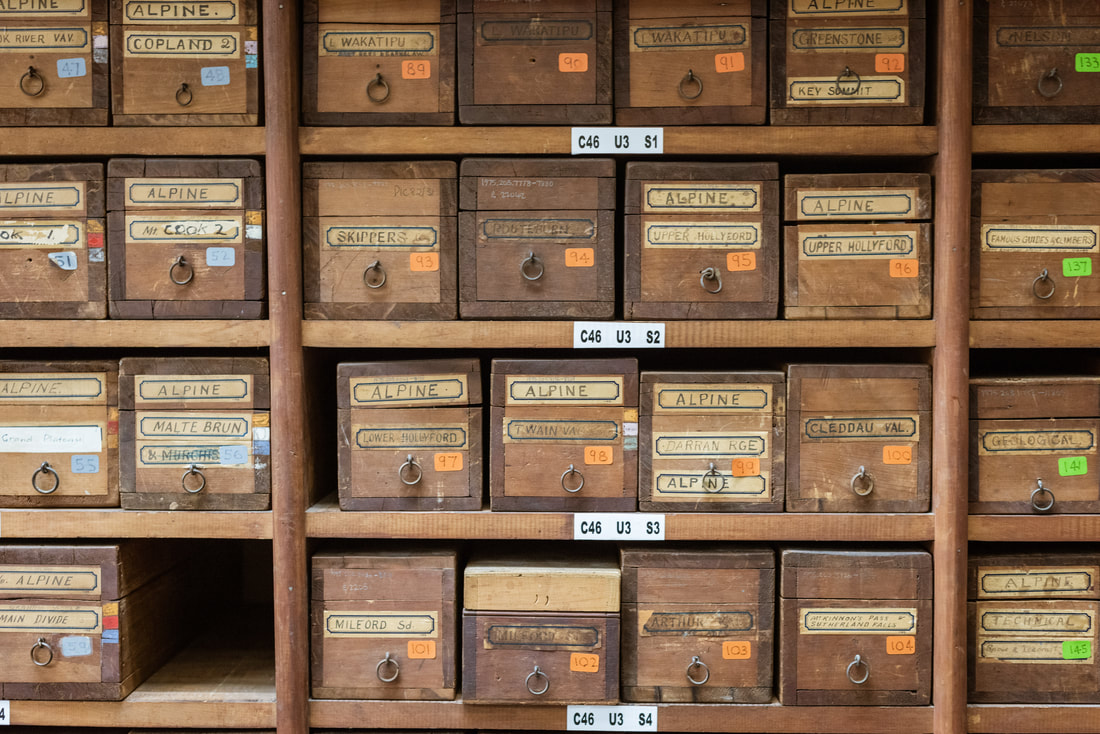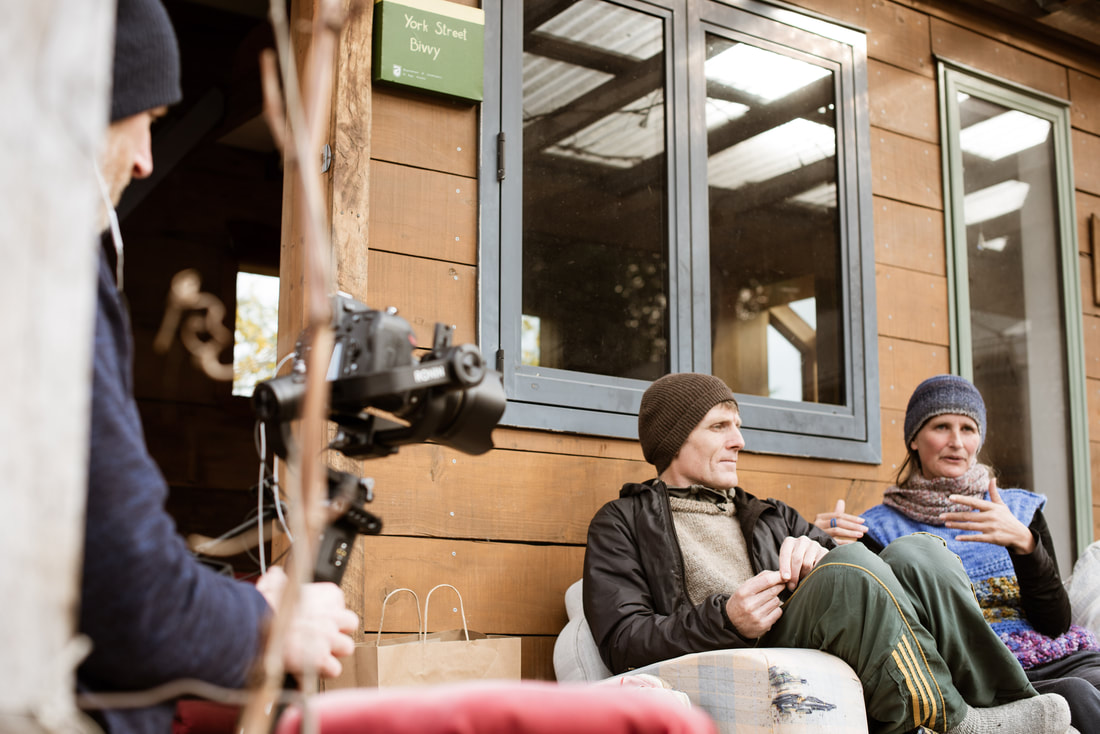A multidisciplinary project led by Te Puna Toi exploring Samuel Butler’s 1872 utopian novel Erewhon: Over the Range.
The Canterbury High Country at the foothills of the Southern Alps was where Butler arrived in 1860 at the age of 23 from London, fresh from completing a degree in Classics at Cambridge and escaping ordination into the Anglican clergy. Butler named the land Mesopotamia (which translates from Greek as ‘the land between two rivers’) after the ancient land in the Middle East (now modern day Iraq and Syria) believed to have been the birthplace of human civilization. His time here as a sheep farmer inspired Erewhon which he wrote upon his return to London 4 years later.
Retracing Butler‘s footsteps, Te Puna Toi and Free Theatre alongside our collaborators have explored the historical, fictional, cultural, political, spiritual and musical dimensions of his journey ‘Over the Range’. We have gathered and documented the stories connected to the geographical locations featured in Butler’s novel and engaged different communities on our own creative journey and contemporary search for an 'Erewhon' of today.
Retracing Butler‘s footsteps, Te Puna Toi and Free Theatre alongside our collaborators have explored the historical, fictional, cultural, political, spiritual and musical dimensions of his journey ‘Over the Range’. We have gathered and documented the stories connected to the geographical locations featured in Butler’s novel and engaged different communities on our own creative journey and contemporary search for an 'Erewhon' of today.
UPDATE: We are currently applying for Ministry of Culture and Heritage funding to return to three of the communities we visited in 2020 (in Christchurch, Blackball and Oamaru) and continue where we left off by working together with each community more extensively on collaborative events/performances/installations/educational workshops that explore alternative living.
If you are interested in supporting our project ‘Te Puna Toi Performance Research Project: Erewhon Revisited’ we would greatly appreciate feedback from you on our proposal. Here is a link to the short survey:
https://www.surveymonkey.com/r/5CXHFZR Feedback is due by this Sunday 13th Nov 11.59pm.
If you are interested in supporting our project ‘Te Puna Toi Performance Research Project: Erewhon Revisited’ we would greatly appreciate feedback from you on our proposal. Here is a link to the short survey:
https://www.surveymonkey.com/r/5CXHFZR Feedback is due by this Sunday 13th Nov 11.59pm.
The starting point for our research was our contention that our society is being turned outside-in amidst the Covid-19 lockdown and the acute crisis of consciousness that this has spread in our society. We are exploring the way in which we suddenly perceive our way of life as a possibly deranged and self-destructive fantasy.
Butler, too, imagined a world turned inside out that was at once both recognisable and totally unfamiliar, a sentiment that gathers increasing relevance as our modern world threatens to fall apart and we are driven to look for answers from people who may previously have been discounted as not fitting in, yet with whom we are starting to share a perhaps uncomfortable likeness.
Our aim for the project is to provide and nurture opportunities for South Island artistic and regional communities to engage in our research process and have a stake in an original artistic exploration of cultural taonga during a time of shared crisis. To document our research and discoveries we have, like Butler, taken photographic portraits, written notebooks and composed music. We have also filmed interviews along the way.
Butler, too, imagined a world turned inside out that was at once both recognisable and totally unfamiliar, a sentiment that gathers increasing relevance as our modern world threatens to fall apart and we are driven to look for answers from people who may previously have been discounted as not fitting in, yet with whom we are starting to share a perhaps uncomfortable likeness.
Our aim for the project is to provide and nurture opportunities for South Island artistic and regional communities to engage in our research process and have a stake in an original artistic exploration of cultural taonga during a time of shared crisis. To document our research and discoveries we have, like Butler, taken photographic portraits, written notebooks and composed music. We have also filmed interviews along the way.
To follow our journey see our blog.....
Subscribe to our mailing list and we'll send project updates direct to your inbox. We're also interested in any research suggestions you may like to share, we'd love your input.




